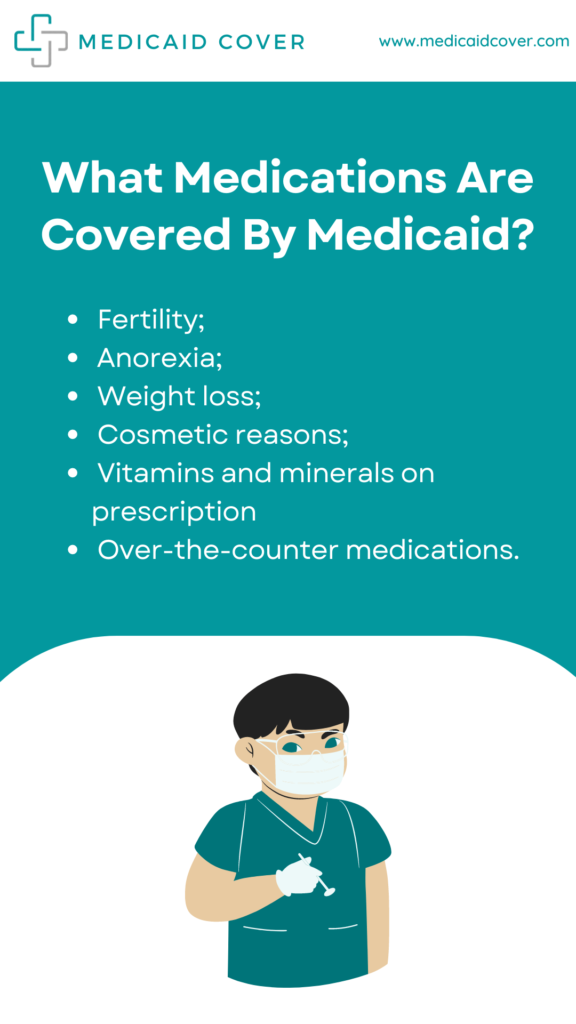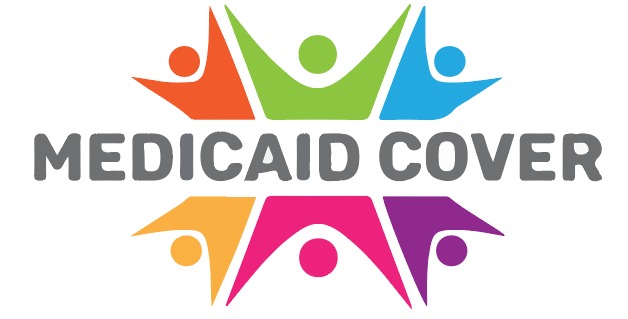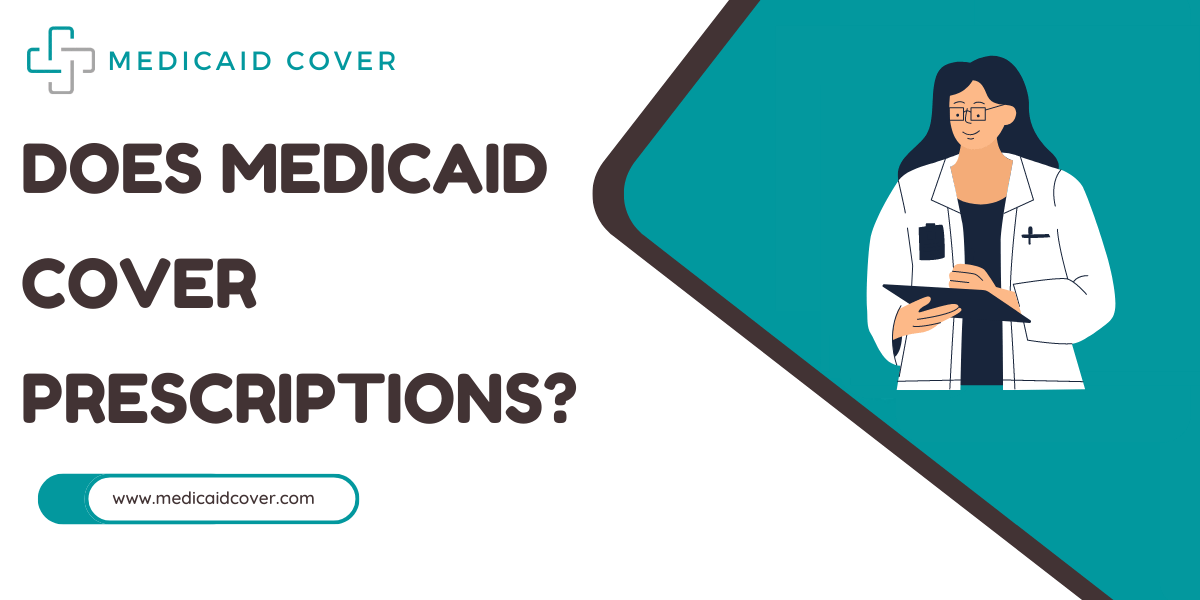As we all know, Medicaid covers many health problems and issues, but many of us have one major question: Does Medicaid cover prescriptions too?
Let’s read more to know the facts about Medicaid and prescriptions.
One of the potential benefits that individual states may offer their Medicaid users is prescription medication coverage. Right now, every state provides coverage for outpatient prescription drugs.
Therefore, the short answer is that yes, Medicaid does pay for the price of prescription medications. This does not imply that every prescription is fully covered, though.
Each state is free to decide which prescription drugs it will pay for and which it won’t. They have the authority to establish guidelines for pharmaceutical co-payments or shared costs.
There are restrictions on how much the state can charge a patient for prescriptions that are covered by medical insurance.
First, each state can choose which medications to put on its preferred list and which to put on its non-preferred list.
Generally speaking, the generic version of a prescription that would otherwise be very expensive would be on the preferred list, and the more expensive one would be on the non-preferred list if there was a generic version available.
Read Also: Does medicaid cover assisted living?
How to find private grants for individuals with a disability?
Are Prescription Drugs Covered?
Medicaid is a joint Federal-State system that provides financial support for medical care for low-income people and families with few assets.
All states presently offer coverage for outpatient prescription medications to all categorically qualified people and most other participants under their state Medicaid programs, even though pharmacy coverage is an optional benefit under federal Medicaid legislation.
One of the best options for many low-income families is Medicaid, which gives them access to various medical services; however, are prescription drugs covered?
Medicaid has some confusing state-by-state variations, and many consumers are unaware of what is covered. Continue reading to learn more if you’re unfamiliar with this government initiative or want the latest information.
Must Check: Does Medicaid Cover Root Canals?
Do Specific Prescriptions Cover Medicaid?
The short answer is yes, Medicaid covers medications, but there are a few essential details you should be aware of.
The measure requiring Medicaid to cover prescription pharmaceuticals has the support of all 50 states, even if it is voluntary coverage in each state.
Nevertheless, each state has restrictions, so you should check to see what they are in your nation. Depending on your country, you might be reimbursed for all of the prescriptions, though a small co-payment might occasionally be needed.
Let’s see what the specifics are.
What Medications Are Covered By Medicaid?
Medicaid offers coverage for a variety of prescription pharmaceuticals, including those that Medicare does not, including medications for:

- Fertility;
- Anorexia;
- Weight loss;
- Cosmetic reasons;
- Vitamins and minerals on prescription
- Over-the-counter medications.
You should be aware that each state will have its own formulary or list of prescription drugs covered by Medicaid. There are two lists for prescription medications: recommended and non-preferred.
Depending on the laws and regulations in your state, different medications may be included on such lists. The generic, less expensive version of each drug will typically be preferred.
You might be given special authorization if you need a medication that is not on the list of suggested medications. With this approval, you will be able to buy the medication, but it will continue to be on the list of unfavorable medications.
The patient may be required to make a co-payment of up to 20% when the state has made a list.
Is It Possible For Medicaid To Cover Brand-Name Drugs?
Brand-name medications are rarely the first selection, and insurance coverage is only available if there are no other options.
State Medicaid Drug Rebate Program eligibility requirements require that they receive the best price offered by manufacturers.
Brand-name medications are always more expensive than generic versions, regardless of the state’s budget. Even though they are chemically identical, brand names will only be paid for by Medicaid if the prescription is so novel that there are no alternatives.
Is It True That Medicaid Covers Over-The-Counter Medications?
Yes, Medicaid will pay for over-the-counter drugs if the patient has a prescription from a doctor. Whether the prescription is spoken, printed, or sent via electronic messaging, buying this kind of medication will still be possible.
Since they are not seen as harmful or dangerous, Medicaid covers several over-the-counter drugs. Remember that the medicine must be produced by a pharmaceutical company participating in the Federal Drug Rebate Program.
Here are a few examples of drugs :-
- Aspirin
- Pseudoephedrine
- Permethrin Lotion
- Acetaminophen
- Zinc Oxide Treatment
How Much Do Prescriptions Cost With Medicaid?
It is challenging to predict the price of prescription medication because it depends on various variables. States regulate preferred and non-preferred lists because of this, and they search for the most economical solutions.
In this way, Medicaid may pay for almost all medications in full.
The state may impose a co-payment of up to 20% of the cost of non-preferred prescription medications.
How Many Prescriptions Does Medicaid Cover Per Month?
Your state of residence and the medication you are taking will affect this. Some states are more tolerant and permit Medicaid to cover extra medicines monthly. However, there isn’t a general principle that can help you resolve this problem.
In this circumstance, the best course of action is to speak with your local Medicaid agent or insurance provider because they collaborate frequently and are familiar with all the fine print information you might need.
Is Medicaid Accepted At All Pharmacies?
Yes, however, not all pharmacies accept Medicaid.
Like any other medical service funded by Medicaid, prescription medications will only be covered in specific pharmacies. The simplest way to find one is to search online or contact your Medicaid representative.
How long Does Medicaid Take To Approve A Prescription?
Federal law mandates that the Medicaid agency in each state respond to the request within 24 hours. However, remember that in specific circumstances, if the situation is urgent, they are also compelled to give clients 72 hours’ worth of medicine.
Medicaid Covers Prescriptions In Which States?
In Alabama, the Professional dispensing fee is $10.64, and they don’t support State Maximum Allowance Cost (MAC).
Whereas in Arizona Professional Dispensing fee is $10.11 for CMS Covered Outpatient Drugs, including specialty medications, and $15.34 for compounded prescriptions with the support of State Maximum Allowance Cost (MAC).
In California, the Professional dispensing fee is $13.20 for claims less than 90,000 & $10.05 for shares of 90,000 with the support of the State Maximum Allowance Cost (MAC).
In the case of the Connecticut area, the Professional dispensing fee is $10.75 with no support from the State Maximum Allowance Cost (MAC).
In Florida, the Professional dispensing fee is $10.24 with the support of the State Maximum Allowance Cost (MAC), and the same is with Georgia, with the Professional Dispensing fee is $10.63 for pharmacies. State Maximum Allowance Cost (MAC) valid in Hawai with a Professional Dispensing fee is $10.76 per prescription.
In New Jersey, the Professional dispensing fee is $10.92 with no validation from State Maximum Allowance Cost (MAC). Same with New York with Professional Dispensing fee is $10.08.
Conclusion :-
As of now, the confusion is all covered up ‘does Medicaid cover prescriptions’ in all 50 states, Medicaid will pay for prescription drugs, albeit individual states may have different rules and regulations.
This is why you should read our comprehensive page for a general overview of medications covered by Medicaid and speak with an agent for more information.
Your Medicaid plan will probably cover the entire cost if the prescription is on the list of suggested medicines. Even if you occasionally have to pay a portion of the price out of your pocket, the cost will be reduced.

